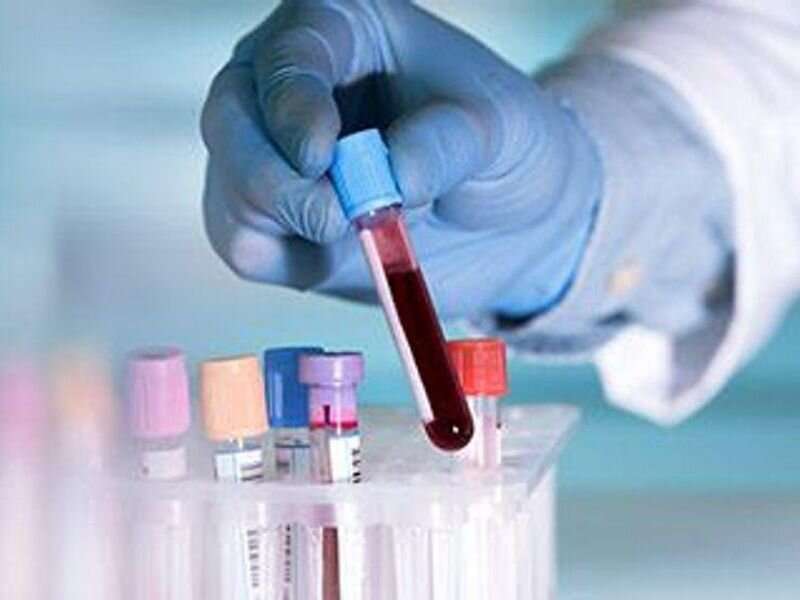During the first year of the COVID-19 pandemic, emergency use authorizations (EUAs) from the U.S. Food and Drug Administration of COVID-19-related medical products were for diagnostic products and were supported by comparisons to previously authorized assays, according to a research letter published online Dec. 20 in JAMA Internal Medicine.
Noting that EUA was used extensively for rapid authorizations of medical products during the COVID-19 crisis, Itay Moshkovits, M.D., Ph.D., and Daniel Shepshelovich, M.D., from Tel Aviv University in Israel, examined the COVID-19-related products authorized by the FDA and the quality of their supporting evidence.
Of the 393 products granted EUAs for COVID-19-related purposes, 84, 14, and 3 percent were for diagnostic tests, medical devices, and drugs or vaccines, respectively. The researchers found that the EUAs for diagnostic products were mainly supported by comparisons with previously authorized assays (254 of 329; 77 percent) and then by analytical in vitro studies (47; 14 percent). For most medical devices, no supporting evidence was specified (32 of 54; 59 percent). When evidence was cited, it was laboratory data (20 devices; 37 percent). For drugs and vaccines, the EUAs were mostly supported by randomized clinical trials (seven of 10; 70 percent). Eight of the 10 drugs and vaccines had not been previously approved by the FDA for other indications. Due to problems with effectiveness or safety, 17 products (4 percent) were revoked by the FDA.
"Most COVID-19-related EUAs are not supported by high-quality evidence," the authors write. "The findings from this study might inform regulators of the current status of EUAs and assist in guiding improvement efforts."
More information: Itay Moshkovits et al, Emergency Use Authorizations of COVID-19–Related Medical Products, JAMA Internal Medicine (2021). DOI: 10.1001/jamainternmed.2021.7257
Journal information: JAMA Internal Medicine
2021 HealthDay. All rights reserved.
























